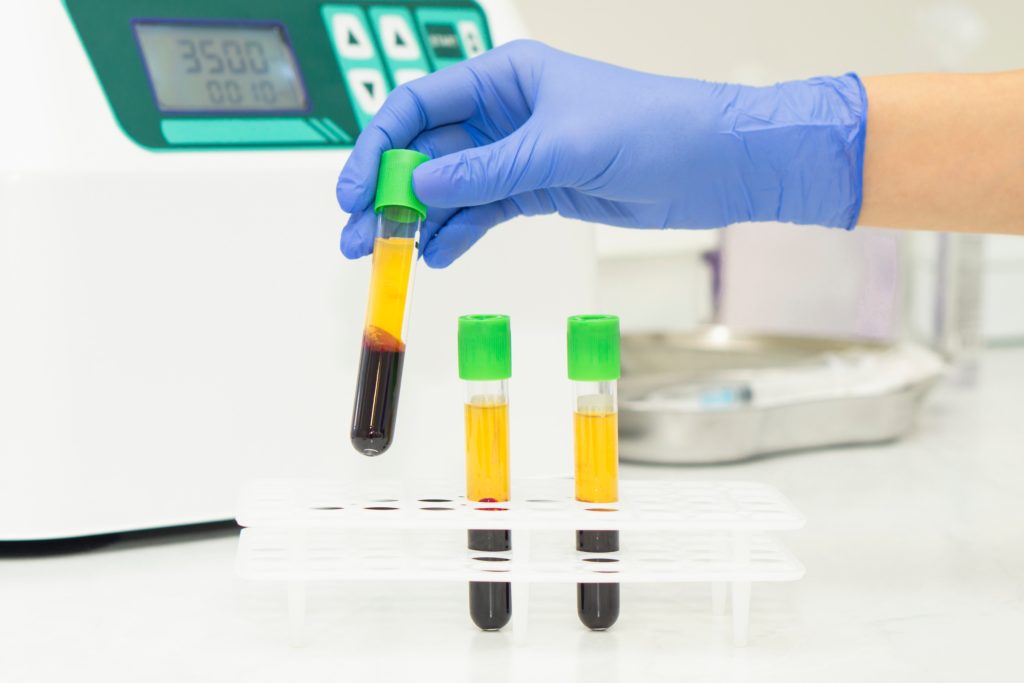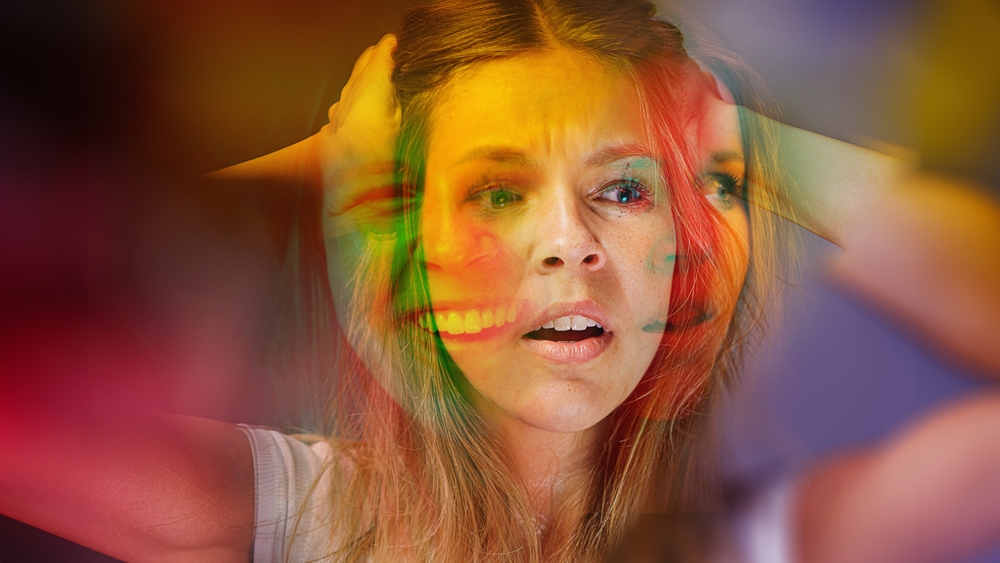A study suggests that it is rare for pseudobulbar affect (PBA) to occur in multiple sclerosis (MS) patients, but similar symptoms to PBA may overlap with depression.
In this study, researchers analyzed 8,136 participants who completed the Center for Neurologic Study-Lability Scale (CNS-LS), a validated 7-question self-report measure of PBA. The individuals were categorized as PBA-positive (PBA [+]) if they had a composite score ≥17 without current depression. Participants also reported their demographic and clinical characteristics using Patient-Determined Disease Steps and Performance Scales.
According to the results, only 11% of responders reported a diagnosis of PBA. PBA (+) individuals tended to be younger, non-white, and had a lower socioeconomic status. Modeling showed that PBA (+) was associated with increased odds of more severe cognitive impairment.
“Our findings suggest that the prevalence of PBA in MS is low, but similar symptoms may co-occur or overlap with depression, highlighting the importance of concomitant assessment of mood when evaluating potential PBA. PBA may be associated with cognitive impairment in people with MS,” the researchers concluded.
The findings were published in Neurology Clinical Practice.
Link: https://pubmed.ncbi.nlm.nih.gov/30588376/
Keywords: pseudobulbar affect, multiple sclerosis, depression









